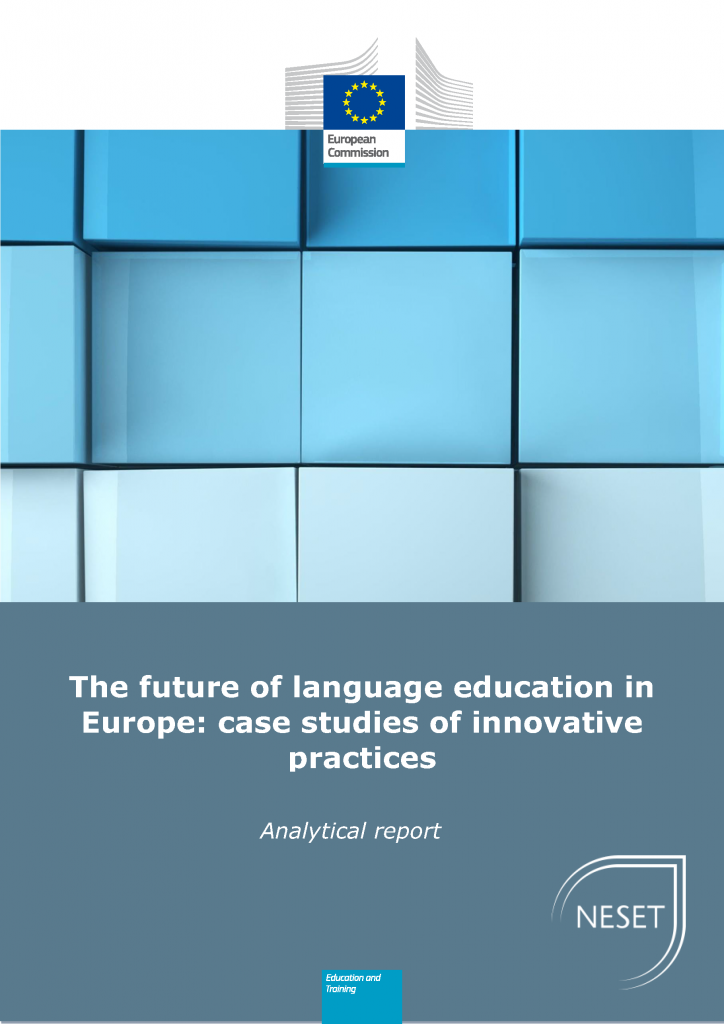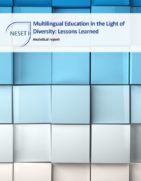The third webinar of the series entitled "The role of bilingual education models and language sensitive curricula in multilingual contexts", took place on July 1, 2020. It was attended by Marisa Cavalli (European Centre for Modern Languages), Jon Andoni Duñabeitia (University of Nebrija), Jenni Alisaari (University of Turku) and Dragana Avramov (NESET).
Bi- or trilingual education models have been integrated in many countries for several decades due to large-scale immigration, or in contexts in which non-dominant groups have historically been concentrated geographically (for instance, in Luxembourg, the Basque country and in Northern Italy). As a consequence, these education systems have had a chance to experiment with different strategies and select those that were most effective when it comes to adapting to multilingual classrooms. In such places, reforms of curricula have been carried out since the 1980s, implementing bi- or multilingual education to include the use of community languages.
However, even in this context, the growing presence of languages other than the ones spoken by long-standing minorities challenges established systems of bilingual and trilingual education. During this webinar, we will reflect on how traditional bi/multilingual models can evolve to address the needs of plurilingual students, by looking at the cases of the Basque country and Aosta Valley in the Northern Italy.
In this webinar we will also learn about the alternative approach of Finland and its language sensitive curricula, to recognise and support multilingualism in every learner.



